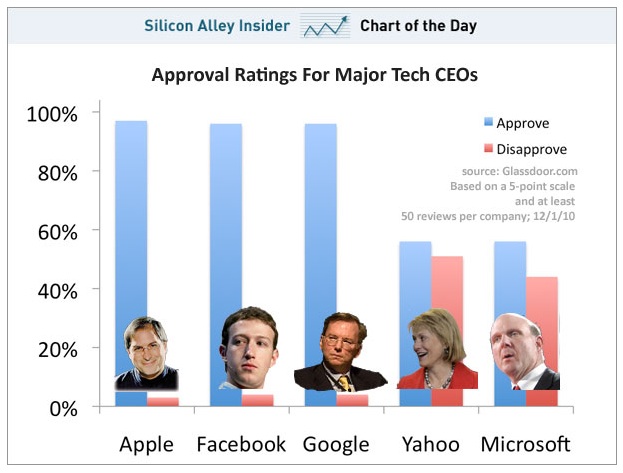Interesting report in Technology Review. The city of Lyon has had a public-bike scheme (called Velo’v) since 2005, and the system logs electronically when each bike is checked out and returned. Currently there are 4,000 bikes and 350 docking stations. Now some researchers at the Ecole Normale Superiere have analysed the data.
They looked at 11.6 million bicycle trips in Lyon between May 2005 and December 2007. The result is the first robust characterisation of urban bikers’ behaviour, they say.
Some of what they found is unsurprising. Over an average trip, cyclists travel 2.49 km in 14.7 minutes so their average speed is about 10 km/h. That compares well with the average car speed in inner cities across Europe.
During the rush hour, however, the average speed rises to almost 15 km/h, a speed which outstrips the average car speed. And that’s not including the time it takes to find a place to park which is much easier for a Velo’v bike than a car.
Other results reveal the habits of the urban cyclist for the first time. For example, there is a clear peak in average speed at 7.45 am and 8.45 am on working days, when presumably there is rush to get to work. The average speed drops to a more leisurely 10 km/h at weekends.
Curiously, the Wednesday morning speeds are systematically higher than on other days, even though there is no change in other factors such as the number of cars. This, say Jensen and co, is probably because women tend to stay at home and look after their children on a Wednesday in France. So the higher proportion of men pushes up the average speed.
The data also shows that bike journeys between two points are shorter in distance than the corresponding journey by car. There are no bike lanes in Lyon so this suggests that cyclists use other techniques to make short cuts, say Jensen and co. Their shocking conclusion is that cyclists often ride on the pavement, along bus lanes and the wrong way up one way streets.
That kind of information will be useful for urban planners. For the first time they have real data to show where to build cycle lanes and how well they will be used…
I wonder what a corresponding analysis of the Boris-bike scheme in London would show.
For some reason, the link to the arXiv.org paper isn’t working at the moment (2 December, 08:56).




